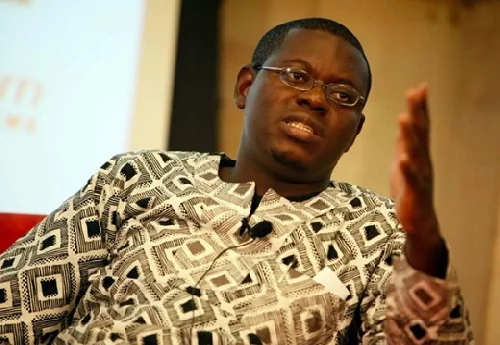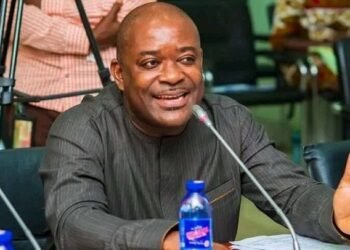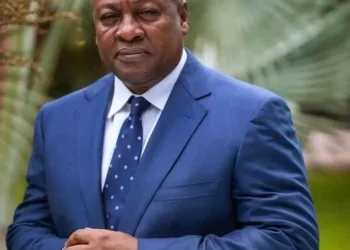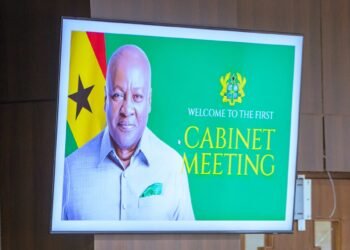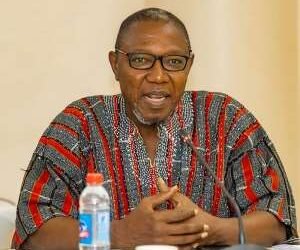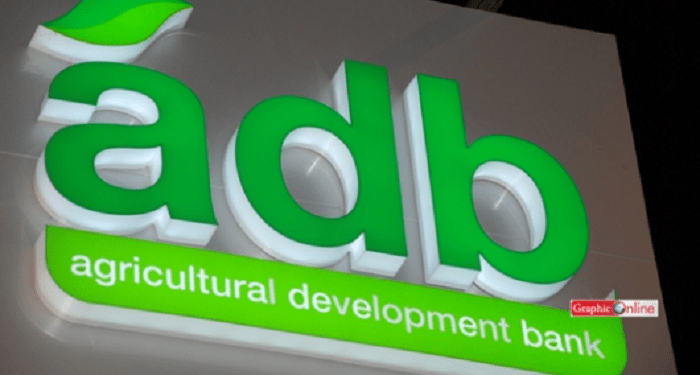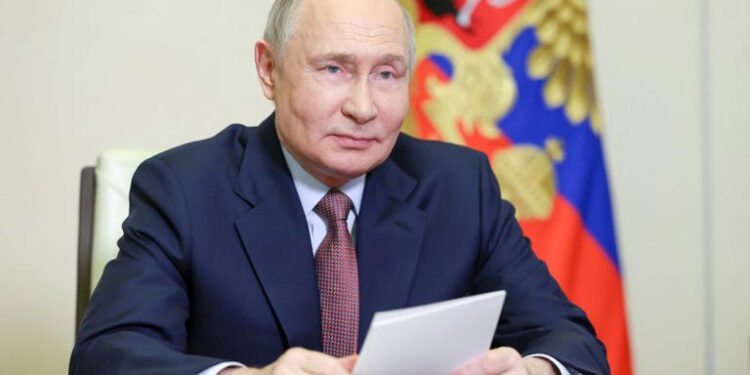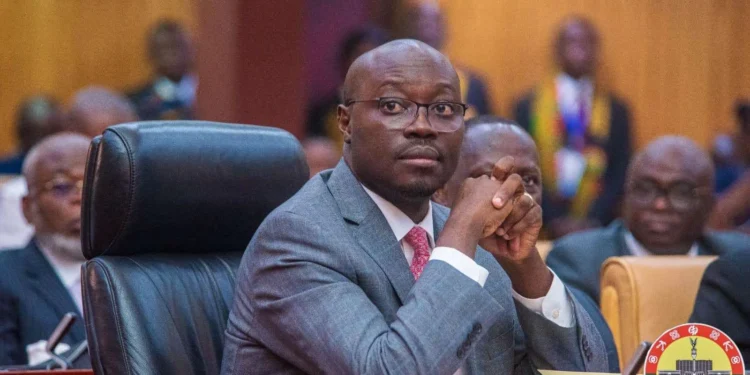The Honorary Vice President of IMANI Centre for Policy and Education, Bright Simons, has shed light on what he describes as the growing tension between the IPPs and the government, underscoring a precarious situation that could have far-reaching consequences for the country’s energy sector and political landscape.
Referencing an intervention the leader of the opposition NDC made to the IPPs last year to avert a total shutdown of their power plants, Mr Simons indicated that unfortunately, the situation has not changed but rather gotten worse in recent times.
According to him, the IPPs are once again pressing the government for answers, pointing out that the crux of their latest concerns revolves around the government’s failure to meet its commitments after a restructuring of arrears last year.
“The IPPs sought another meeting yesterday, and the big topic was, apparently, the government’s failure to redeem promises made to them when some of their arrears were restructured. As CSOs have been warning for a while now: new debt is piling up furiously.
“With the govt prioritising the buying of crude to plug shortfalls in gas supply, monies for the IPPs’ own keep have become hard to find. The promise to pay the IPPs a fixed amount of money every month has gone out of the window for now. ECG’s revenue shortfalls have seen to that”.
Bright Simons, Honorary Vice President of IMANI Centre for Policy and Education
The Debt Pileup and Financial Strains
The civil society leader, echoing the warnings of several civil society organizations (CSOs), highlighted the increasing concern over Ghana’s growing debt burden, which he noted continues to mount at a furious pace.
With just over three months remaining in the current administration’s tenure, Mr Simons indicated that the government appears focused on managing the energy sector’s most pressing political issue: keeping the lights on.
He posited that despite fears of another round of “dumsor” (the infamous period of erratic power supply), the government has managed to maintain electricity supply, thanks to careful, albeit strained, financial management.
However, Mr Simons revealed that the ongoing crisis is far from resolved, asserting that the Electricity Company of Ghana (ECG) is facing significant revenue shortfalls, making it difficult for the government to honour its financial obligations to the IPPs.
This breakdown in payments, Mr Simons opined has put immense pressure on the power producers, many of whom are now exploring new strategies to recover their funds.
A Fractured Front Among IPPs
According to Mr Simons, the IPPs feel outplayed, disclosing that in previous negotiations, the government managed to fracture their united front, preventing them from reaching a consensus on how to apply their most powerful bargaining chip: turning off the turbines and plunging the country into darkness.
He noted that this “nuclear option” remains the ultimate threat the IPPs hold, asserting that in the meantime, the IPPs have refrained from using it.
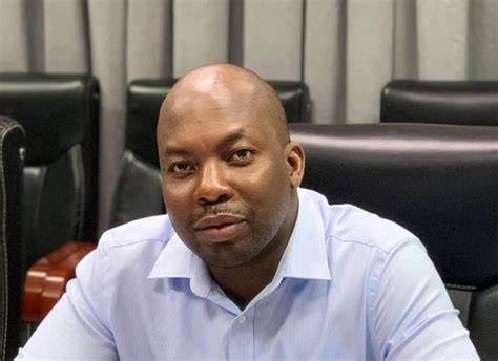
Mr Simons emphasized that such an extreme measure would not only escalate tensions but also force the government into a corner, potentially causing widespread discontent among the electorate.
“A new idea is, however, taking shape: drawing on the sovereign guarantees in the power agreements by the IPPs that have those. It is unclear how the govt will react were that to happen”.
Bright Simons, Honorary Vice President of IMANI Centre for Policy and Education
The Political Stakes
Additionally, the IMANI Honorary Vice President emphasized that, politically, the government is treading carefully. He pointed out that with the upcoming general elections on the horizon, the administration’s primary objective is to avoid a power crisis at all costs.
“Keeping the lights on has become a key metric of its success, and a major power outage would undoubtedly fuel public anger, threatening its electoral prospects”, he asserted.
The Finance Ministry’s current strategy, as Mr Simons describes it, involves tiptoeing around the rapidly accumulating debt while avoiding any drastic measures that could upset the delicate balance they have managed to maintain.
For the IPPs, Mr Simons noted that the stakes are high, and time is running out, adding that they are caught between mounting financial pressures and the need to maintain a steady power supply.
Mr Simons also disclosed that while the idea of invoking sovereign guarantees may seem less catastrophic than a full shutdown, it is clear that tensions between the government and the power producers are nearing a boiling point.
He posited that power outages could spell disaster for the incumbent government’s chances at the polls, and any disruption to the country’s energy supply would likely shift public sentiment.
Bright Simons strongly pointed out, that the government may be walking a fine line, but the next few months will be critical in determining whether it can successfully navigate this delicate power play or succumb to the weight of its financial missteps.
READ ALSO: Amphitheater Construction Projects: Challenges, Impact of Funding Shortages

